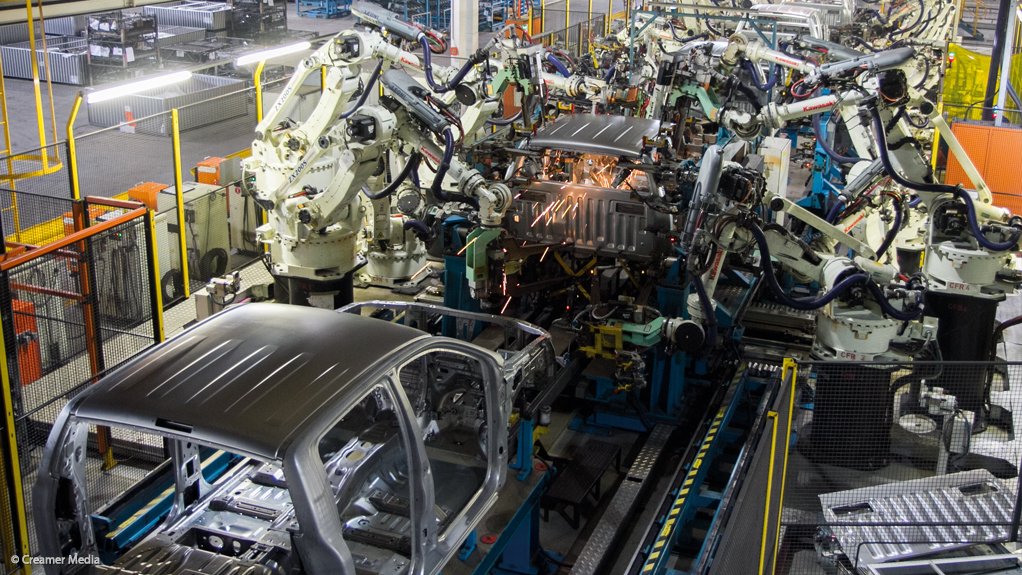Some of the investment announcements made in the South African automotive industry in recent months reach beyond 2020, which is why work on a successor programme to the Automotive Production and Development Programme (APDP) will start this year, confirms Trade and Industry Minister Dr Rob Davies.
“It is important to provide continuity to the industry.”
He tells Engineering News that it is also “a reality” that government will need to continue to provide “significant financial support” to the local automotive industry – both vehicle assemblers and component manufacturers.
BMW South Africa last year announced that its German parent company will invest R6-billion at its Rosslyn plant, in Gauteng, to produce the next-generation X3 sports-activity vehicle for the local and export markets.
VWSA has initiated a R4.5-billion investment programme to upgrade and expand the Uitenhage plant to produce two new models.
Ford US car maker Ford also earlier this week noted that it will invest R2.5-billion to build the new Everest sports-utility vehicle (SUV) at its Silverton assembly plant, in Pretoria, for the local and sub-Saharan market, as from this year.
With a typical model life-cycle of six to seven years, all of these vehicles will be produced in South Africa to anywhere from 2022 to 2025. Government’s APDP auto support programme is currently scheduled to come to an end in 2020.
Davies says it is too early to speculate on what the content of a new or extended APDP will include, but envisages that it will feature support structures similar to the APDP’s current Automotive Investment Scheme (AIS) and productive asset allowance.
The AIS, for example, provides a non-taxable cash grant of between 20% and 30% for vehicle manufacturers and 25% to 35% for component manufacturers, paid over three years and based on qualifying investments, plus a performance element.
This means a manufacturer such as Ford Motor Company of Southern Africa will receive R699-million from the AIS on the back of its investment to build the new Everest in South Africa.
Davies says any new APDP-type programme will have the same focus as is the case now: increased localisation and job creation.
Job creation is viewed as “critical”.
Noting complaints from component manufacturers that APDP support for their section of the local automotive industry fell short of expectations, Davies says it is necessary to “strike a balance” between component makers and vehicle assemblers. It is true, however, that there will be no component makers without the presence of vehicle plants in South Africa.
Davies says there “is no doubt” that the design of any new support programme will see a fierce debate around component manufacturing in South Africa.
“We will do our best to again strike a balance.”
Nigeria
Nigeria is working towards re-establishing a vehicle manufacturing industry of its own.
Ford’s South African plant already sends Ranger kits to the West African country for local assembly at a facility that opened its doors last year. The Nigerian Nissan joint venture plant is also supported from South Africa.
Davies says the South African government is looking towards establishing a country-to-country trade agreement – “probably automotive specific” – with Nigeria.
“We will send a team there this year to start negotiations on this agreement.”
Edited by: Creamer Media Reporter
EMAIL THIS ARTICLE SAVE THIS ARTICLE
To subscribe email subscriptions@creamermedia.co.za or click here
To advertise email advertising@creamermedia.co.za or click here













